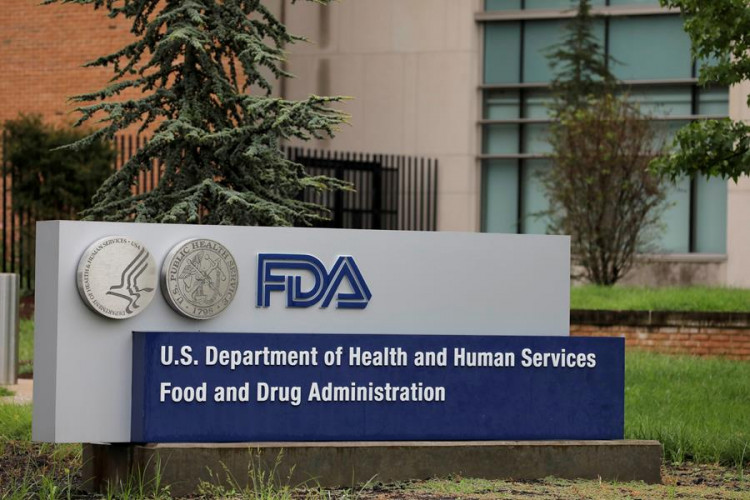The U.S. Food and Drug Administration (FDA) has announced the approval of Rezdiffra (resmetirom), the first drug to treat non-cirrhotic non-alcoholic steatohepatitis (NASH), a common and serious liver disease affecting millions of Americans. NASH, also known as metabolic dysfunction-associated steatohepatitis (MASH), is characterized by liver inflammation caused by excessive fatty cells, which can lead to liver scarring and dysfunction over time.
According to the FDA, an estimated 6-8 million people in the United States have NASH with moderate to advanced liver scarring. The condition is often associated with other health issues such as type 2 diabetes and high blood pressure. Until now, patients with NASH who also have notable liver scarring did not have a medication that could directly address their liver damage.
"Today's approval of Rezdiffra will, for the first time, provide a treatment option for these patients, in addition to diet and exercise," said Dr. Nikolay Nikolov, acting director of the Office of Immunology and Inflammation in the FDA's Center for Drug Evaluation and Research.
Rezdiffra, developed by Madrigal Pharmaceuticals, is a partial activator of the thyroid hormone receptor. When activated by Rezdiffra in the liver, this receptor reduces liver fat accumulation. The drug was approved under an "accelerated" pathway by the FDA, as it addresses an unmet medical need.
The approval was based on data collected after a year as part of an ongoing 54-month trial, which assessed improvement in levels of liver scarring compared to patients who were taking a placebo. Assessments by various pathologists examining patients' liver scarring revealed that between 24% and 36% of NASH patients taking 100 milligrams of Rezdiffra saw their NASH resolve and experienced no worsening of liver scarring, compared to 9% to 13% of those who received placebo. A similar ratio of patients saw their NASH continuing but experienced no worsening of liver scarring.
The FDA noted that these results within one year are "notable," as NASH typically progresses slowly, with a majority of patients taking years or even decades to show progression.
While Rezdiffra offers hope for patients with NASH and liver scarring, it does come with some side effects, including diarrhea and nausea. The drug's label includes warnings regarding the risk of drug-induced liver toxicity and gallbladder issues. Patients with decompensated cirrhosis should not take Rezdiffra, and the drug may interact with cholesterol-lowering statins, necessitating a discussion with a doctor before use.
The approval of Rezdiffra marks a significant milestone in the treatment of NASH, a condition that has long lacked effective treatment options. As the first FDA-approved drug for this serious liver disease, Rezdiffra has the potential to improve the lives of millions of Americans struggling with NASH and liver scarring.
However, it is important to note that Rezdiffra is not a standalone solution. The FDA emphasizes that the drug should be used in addition to diet and exercise, which remain crucial components of managing NASH. Patients should also be aware of the potential side effects and drug interactions associated with Rezdiffra and discuss these concerns with their healthcare providers.
As more data from the ongoing 54-month trial becomes available, the medical community will gain a better understanding of Rezdiffra's long-term efficacy and safety. In the meantime, the approval of this groundbreaking drug offers hope and a new treatment option for the millions of Americans battling NASH and its associated liver damage.






